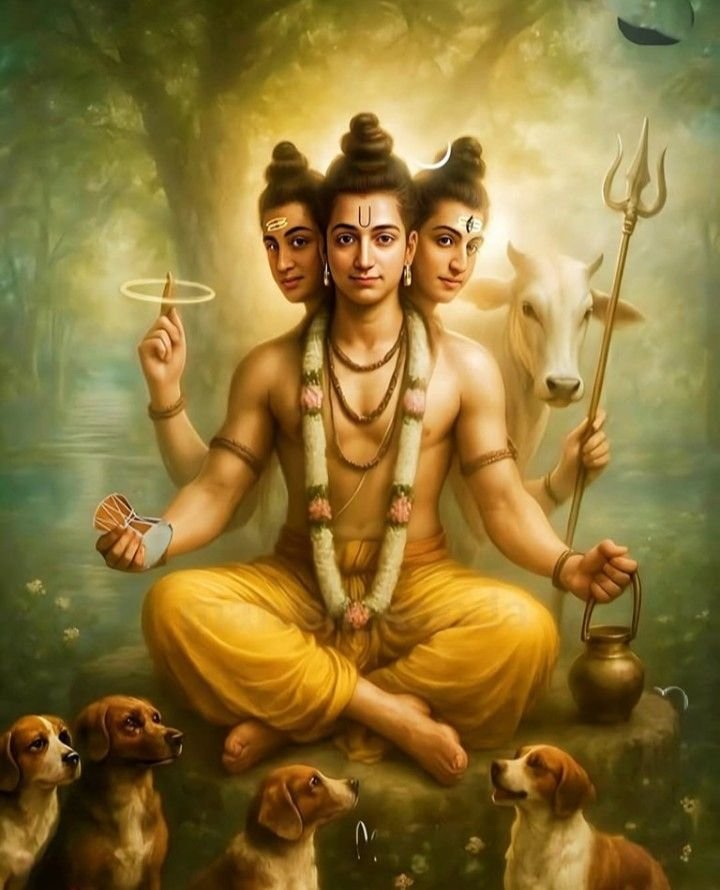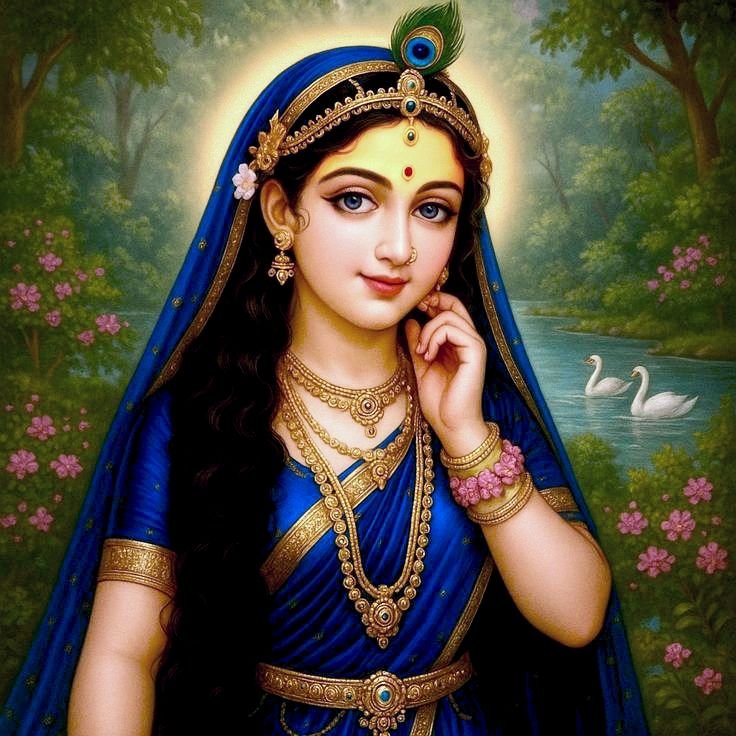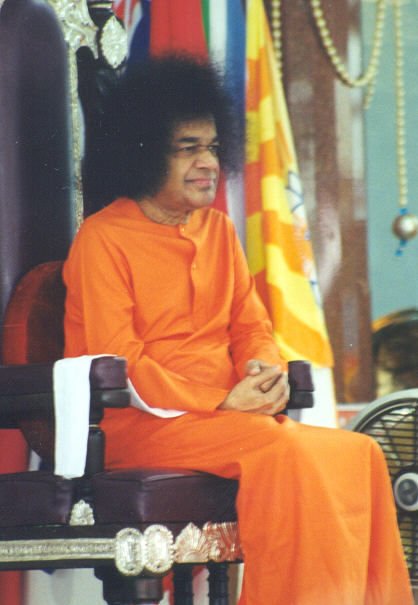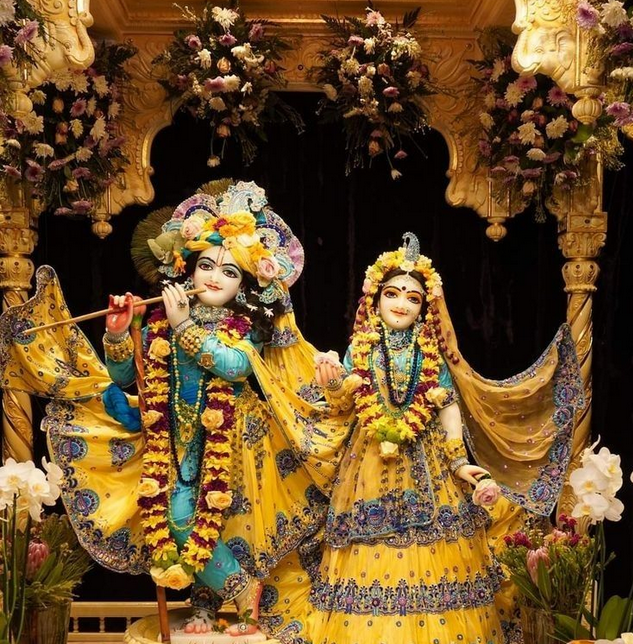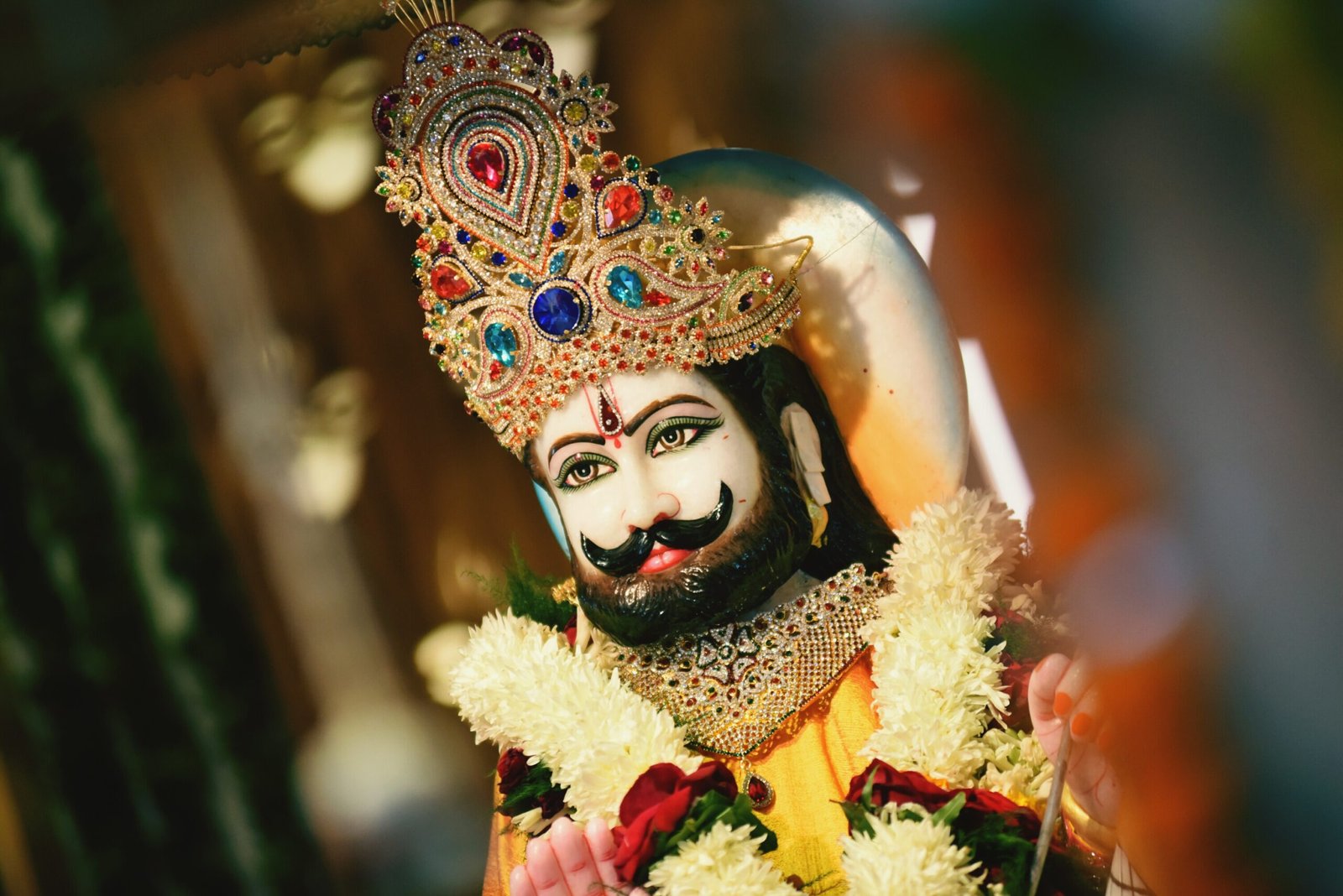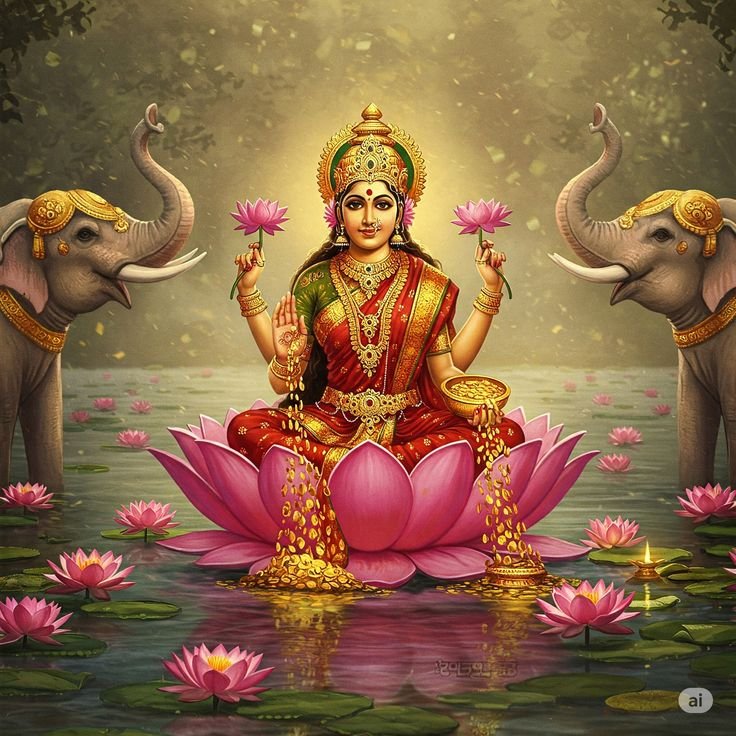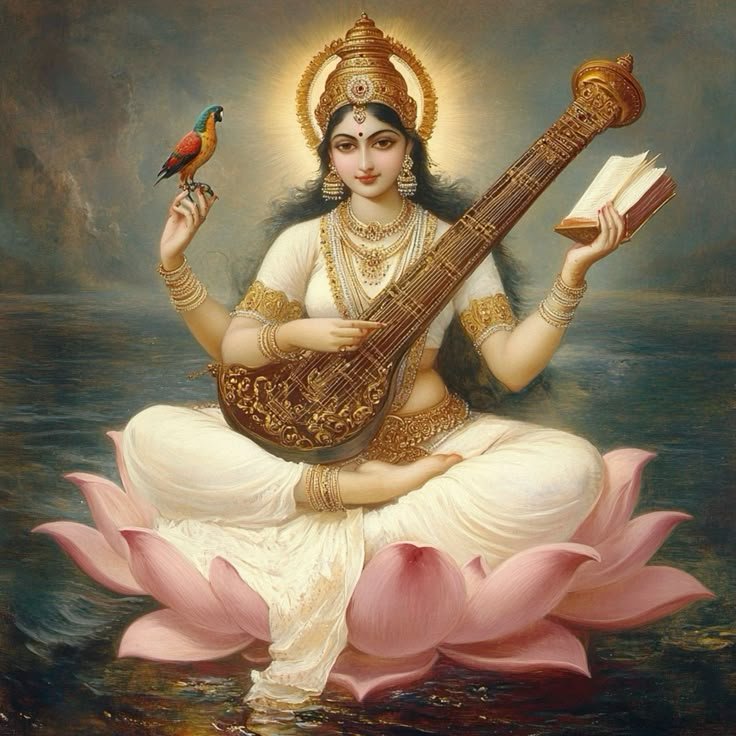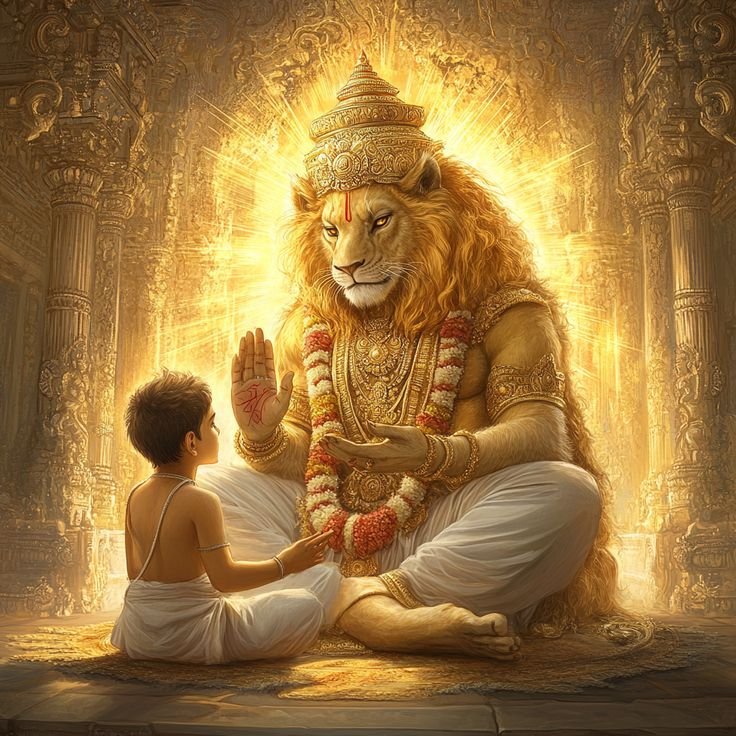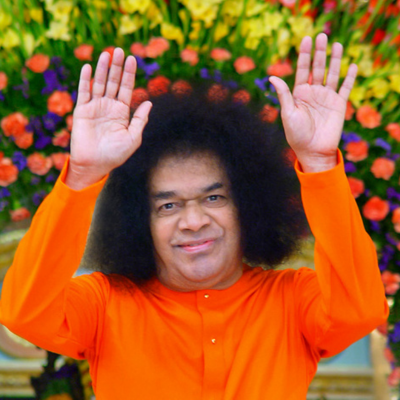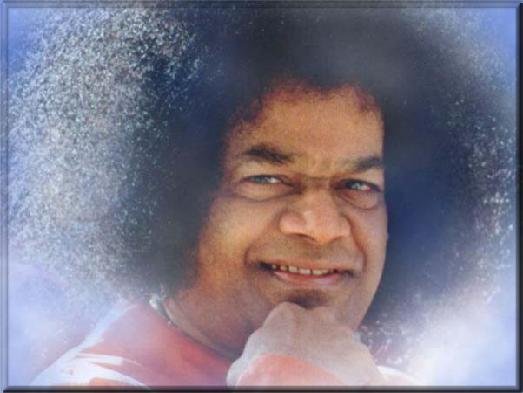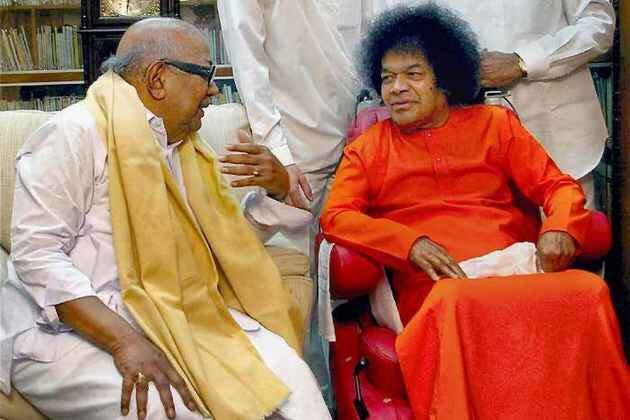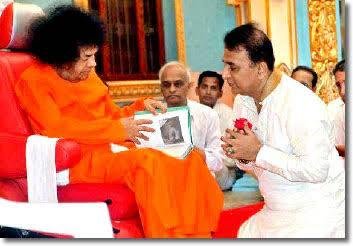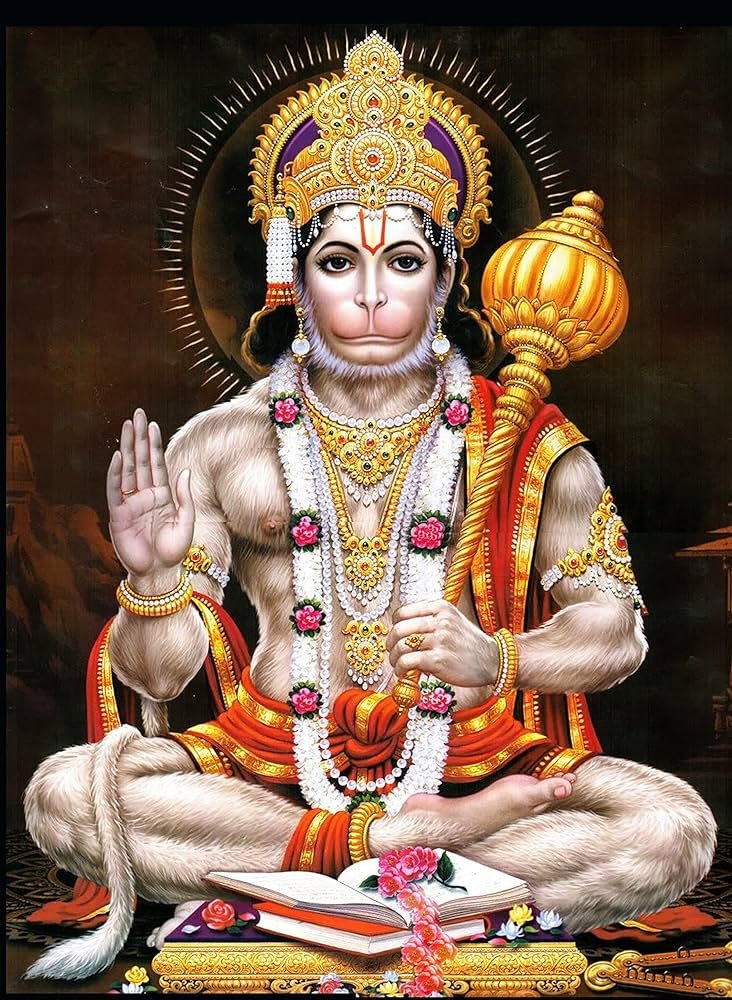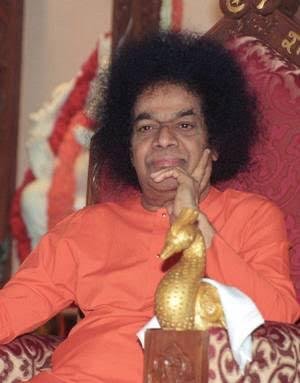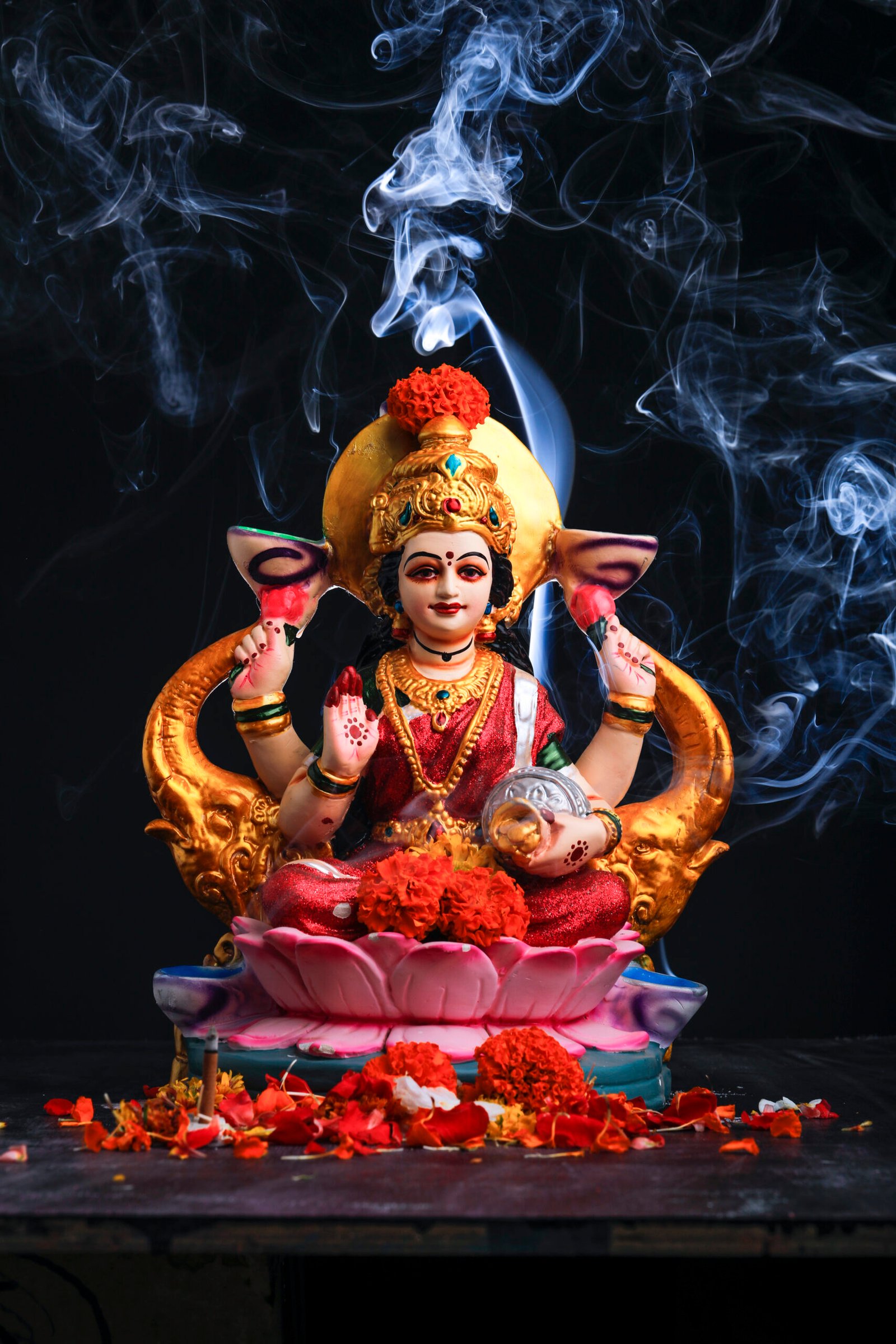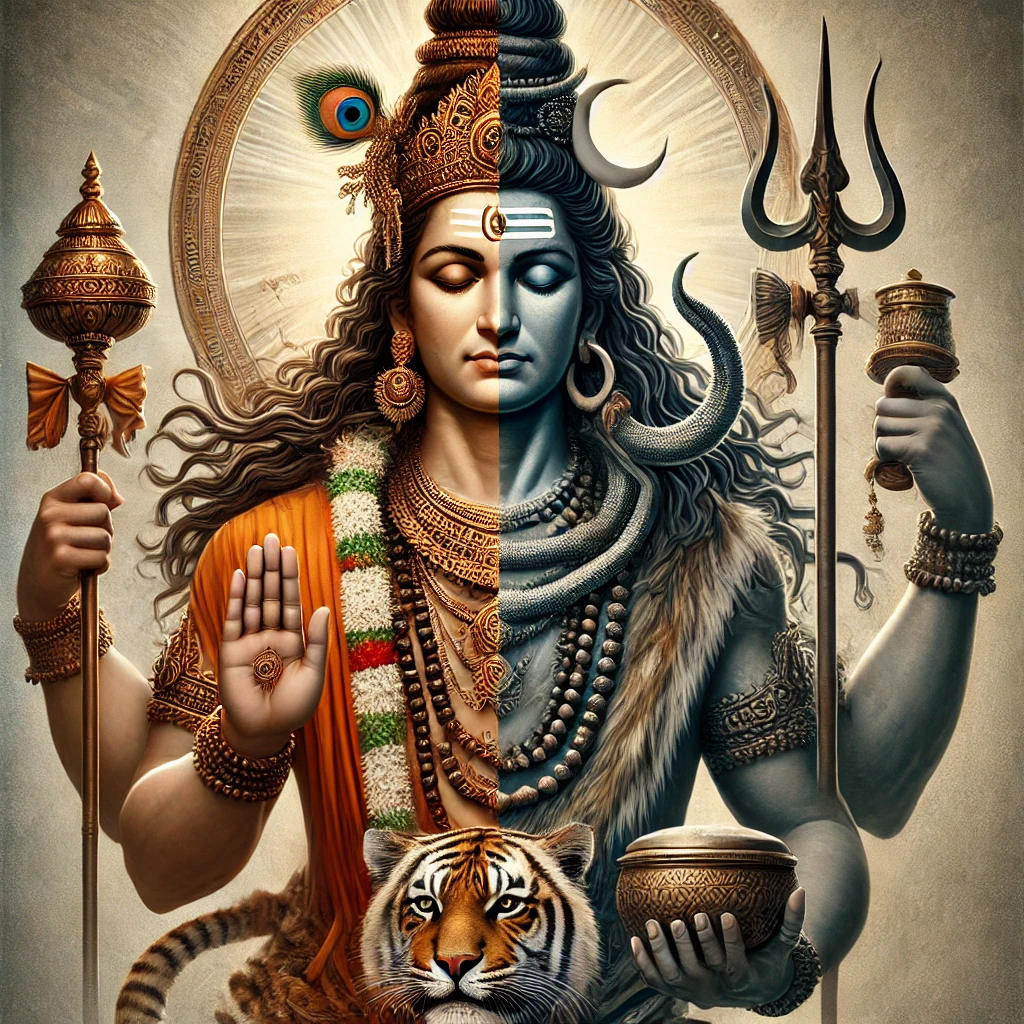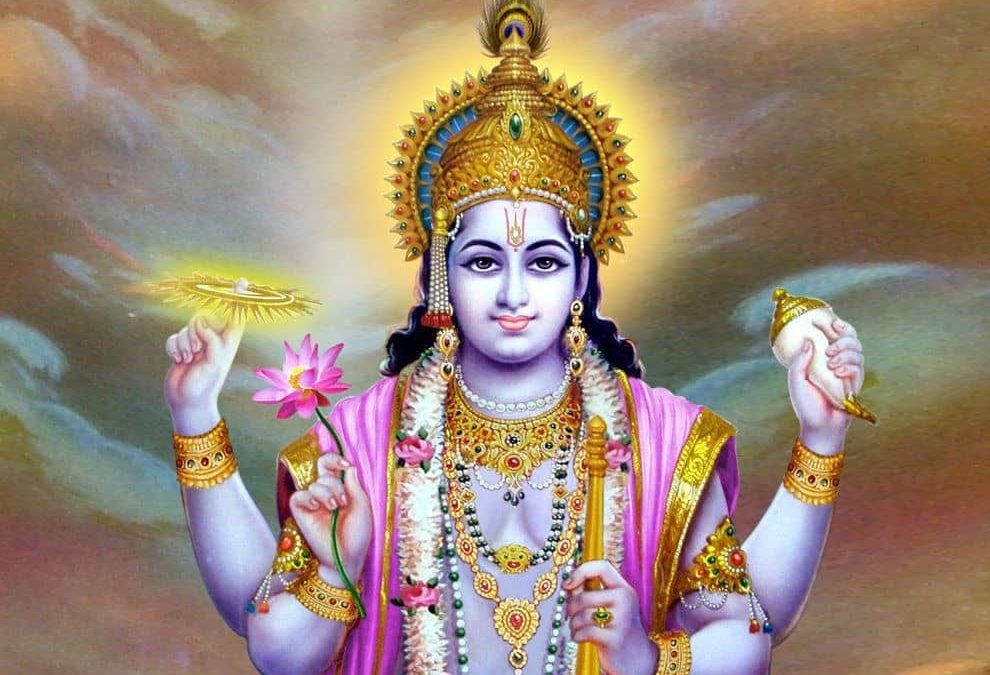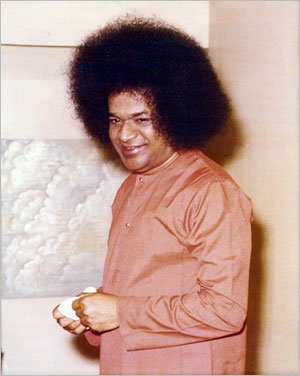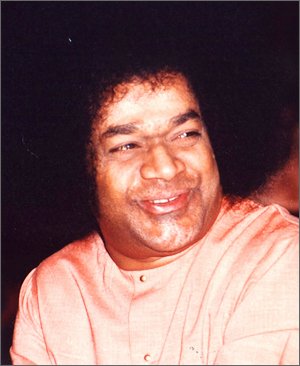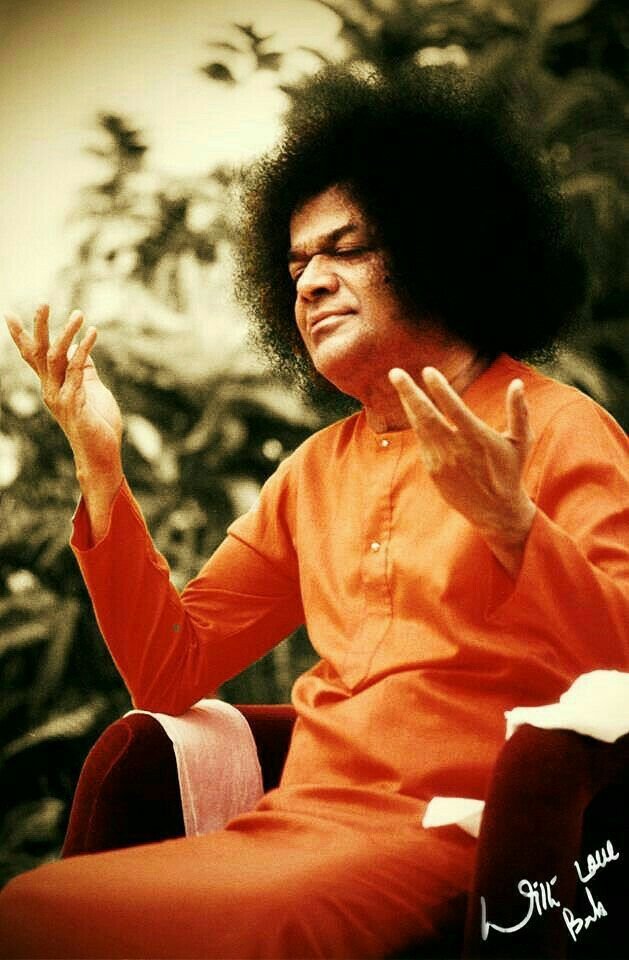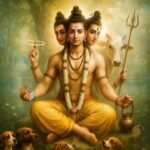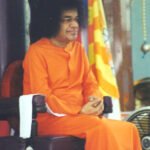CONVERSATIONS WITH SAI – Part Fourteen
CONVERSATIONS WITH SAI – Part Fourteen
SAIô :ô There is One, not two. If one sees a second, thenô Mayaô is in operation.
H (HISLOP): Life appears to be somewhat a jungle of unexpected dangers!
SAI:ô Mayaô is harmless to the devotee of God. That sameô Mayaô , so dangerous to the person who does not believe in God, protects the devotee from all harm. The cat carries the kitten in the mouth from here to there, and the kitten is unharmed. But a rat is killed by a cat. It is the same mouth in both cases.ô Mayaô brings trouble, yet it is the sameô Mayaô that tenderly protects the devotee of God.
H:ô Then, the devotee of God may just do his work and not worry about penetrating the illusions ofô Maya?
SAI:ô Yes. The devotee may do work for God and pay no attention to the powers ofô Maya. God protects His devotees. His devotee is near and dear to God, and He carries the devotee safely through life. In Indian kitchens tongs are used to pick up and move the cooking utensil. The instrument can seize everything except the user.ô Mayaô are the tongs held and used by God.
H:ô Then God holdsô Mayaô in one hand and the devotee in the other?
SAI:ô Two hands are not needed: one hand is enough. If God held the devotee with one hand, the tongs might still seize him! So God holds both in the same hand.

SAI:ô There is waking, sleep and dream, and deep sleep. In deep sleep there is no mind. All are changing states. Past is gone, future is coming, present is leaving. None of these changing states is truth; for all agree that truth is real and the same whether in the past, present or future. You are always that truth, changeless, constant, unaffected by change, always the same.
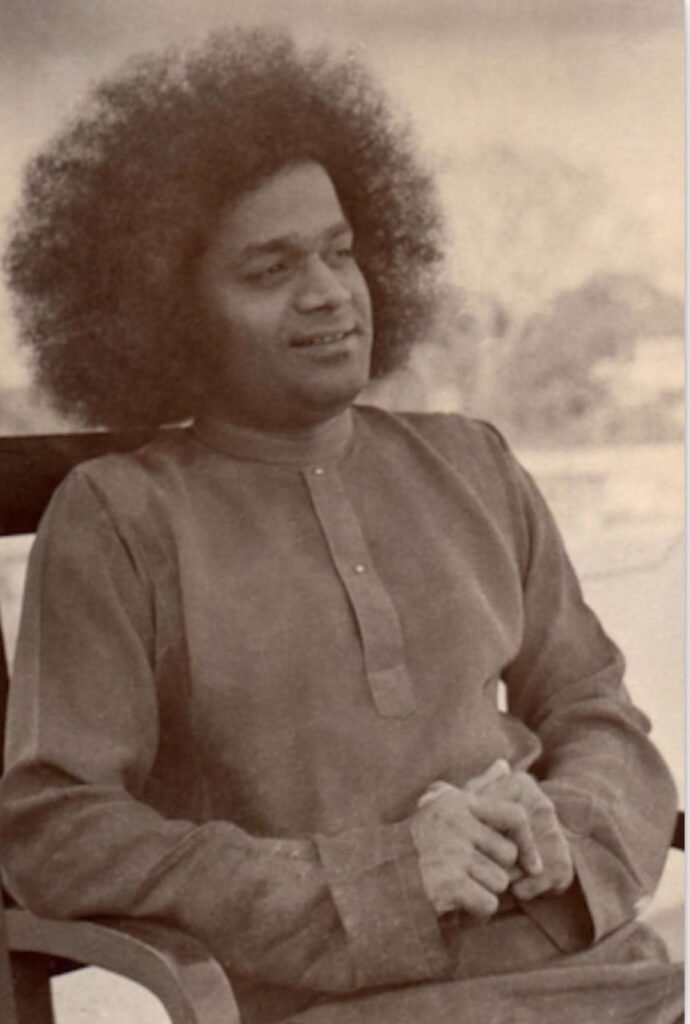
H:ô Swami says that ‘I’ refers to the body. But when one thinks of himself he sees not just the body, but also his mind, his conditioning, and his tendencies.
SAI:ô ‘Body’ means all the five senses and all that is implied by any extension of these.
H:ô In deep sleep, body is gone and mind is gone. But there is a strong happiness. However, that happiness is only known afterwards as memory, and memory is just a thought; it has no reality.
SAI:ô The difference between deep sleep andô Samadhiô is that inô Samadhiô the happiness is known at the time it occurs.
H:ô Swami says that inô Samadhi, happiness is known at the time that it occurs. But how could the person, the subject, be aware of himself as happy? Surely that implies a subject-object relationship. Subject-object is unreal, so what is experience in those terms must also be unreal, is it not?
SAI:ô If one looks in the mirror and sees dust on the brow, he will at once remove it, even though he was unaware before looking in the mirror. Guru is the mirror.
H:ô Once he has tasted sugar, one never mistakes salt for sugar. If that bliss of which Swami speaks is our real nature how is it that we confuse the unreal for the real?
H:ô When one is merged in the divine bliss, is one aware of it?
SAI:ô He is the witness of his bliss. The person loses his limited awareness for God’s total awareness. Deep sleep isô Samadhi, where there is no world and no mind but only the experience of ãIã. Freedom is that same experience in full awareness.
H:ô At various times, Swami mentions happiness, joy, bliss. Is there a difference?
SAI:ô Happiness is temporary; it is given to us by others. Next comes joy; one is joyful while filling the stomach – it comes and goes. But bliss is one’s rightful nature; it does not come and go. Bliss is not something that comes to one; it is one’s real nature and is permanent.
H:ô If one is wholly absorbed in God, who will take care of the body?
SAI:ô In waking and dreams, the mind is there, but who takes care in sleep? God takes care. Who takes care of the body at any time? One side may be paralysed – can you make it move? The genuine saints and yogis in the Himalayas have no way to take care of their bodies. It is God who takes care.
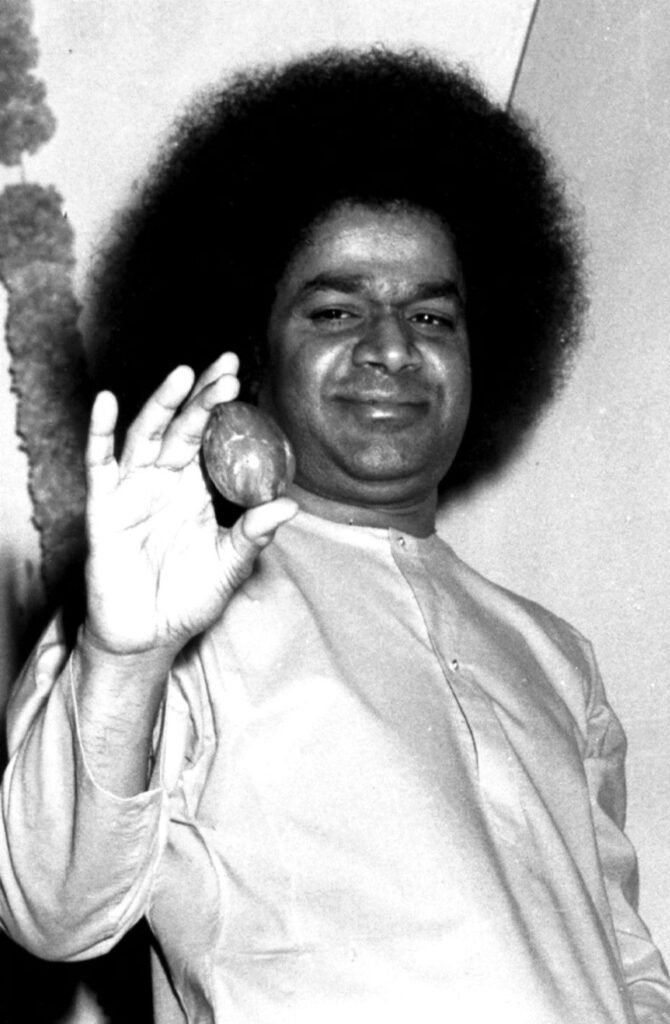
H:ô Baba says that inô Sadhana, at a certain stage the exterior nature ceases. How is that?
SAI:ô There are ten stages inô Sadhana, each cognized by sounds of various types ranging from just sound, through vibrations, bell, flute, conch, Om, thunder, and explosion. The 10th is pure form. Then senses are transcended. Until then everything is in the sense realm. Above the senses, there is the state of bliss as the universal body of God, which is light.
H:ô Is that state of bliss there only for a time? What happens then in the daily round of living?
SAI:ô That state, when fully realised as natural, always remains, Then the world is bliss, always bliss. Think God, eat God, drink God, breathe God, live God.

SAI:ô No. One may go directly to the transcendental state, or to the state number 6 or 7 or anyway at all. It is not uniform.
H:ô What should be one’s attitude to theseô Sadhanaô stages as one encounters them?
SAI:ô The states change, but the attitude should be unchanging.
H:ô But what value should one give to the various stages?
SAI:ô Theô sadhakaô will not be satisfied with any of the states. Because it is complete union that is desired. Desire remains strong and constant until the transcendental bliss is realized, and then desire ceases. Who is the poorest man in the world?
H:ô The man without God?
SAI:ô No the man with the most desires is the most poor. Until we realize the desireless state of pure bliss, we are in poverty.
A Visitor: One gains a measure of spiritual understanding, but in the next life is it all swept away and lost?
SAI:ô We say, ‘I am not the body, mind or intelligence, because they are impermanent’. These are of the same matter. They are not of different material. Just as butter, curds, buttermilk, ghee cannot again be joined to the others to once again constitute milk, in the same way the quality of spiritual being, once separated by churning the milk of the world, does not go back again into the world. The spiritual beingness is never lost once it is manifested.
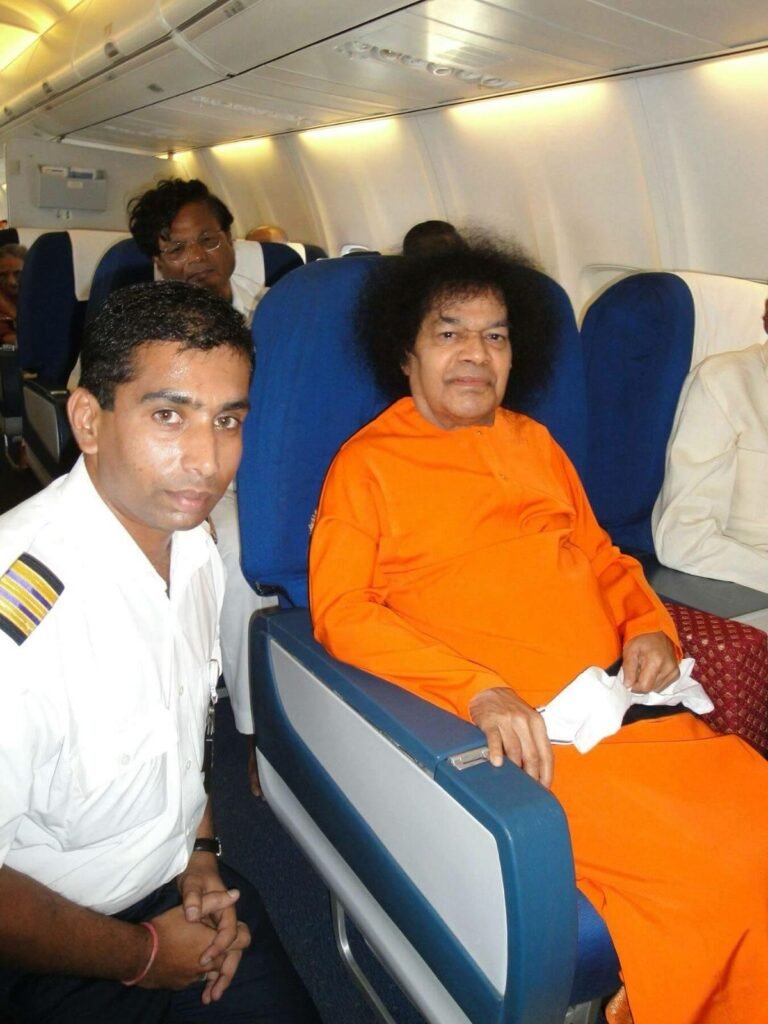
H:ô This car in which we are driving has certain natural factors that are neither good nor bad. If moving, it has speed and momentum. In like fashion, what are the natural powers of the mind?
SAI:ô The mind does not have any powers. The only power isô Atma Shakti, the power of theô Atma. Actually, the mind does not exist. There is no mind. The moon is lit by the sun. What we see is the reflected light of the sun. What we take to be the mind is the reflected light of theô Atmaô shining on the heart. Really there is only the heart. The reflected light is taken to be the mind, but that is just a way of looking at it, a concept. There is just the sun and the moon. (The reflected light is not a third object).
In another way, mind cannot be compared to a car. A car has form. Mind has no form, for mind has no existence of its own. Mind can be said to be woven of desires. Theô Atmaô shines on the heart, whether the heart be pure or impure. If the heart is purified and if the strongest desire is for God, that is best.
H:ô My mind and intelligence are in operation at this very moment, regardless of the subtlety or coarseness of quality. Baba says that the only power is theô Atmaô power. So why do I not see asô Atma, thatô Atmaô that is in operation through the mind-intelligence complex at this very moment?
H:ô I have the conviction so strong that it is into the marrow of my bones that life is one, and that other beings and myself are one. Theô Atmaô is that One and it is fully here at this moment, and I am constantly engaged inô Sadhana. So the question remains, ‘Why do I not actually experience that unity as no other than myself?’
H:ô Now! Swami has to say about experience! Ifô Sadhanaô and conviction do not bring that unity as real experience, then how is one to get it?
SAI:ô With steadyô Sadhana, no special effort is needed to try and get the experience of One. Just as with ourselves in this car. We need only concern ourselves with the careful driving of the car, and in due course we will arrive at Ananthapur. With correct and steadyô Sadhana, in due course, the actual experience of One will naturally come about.
H:ô Swami, it is not possible to tell death to wait for a convenient time. In respect to death, in what state should the mind be?
SAI:ô That we feel that only oneself will not die is the greatest wonder. Flowers bloom and give perfume before dropping, whereas man, when his end is approaching, has only a long face. He should be like the flower, and do something good and bright when dying.
There are two things to remember: death and God.
And there are two things to forget: any harm done to us by others, and any good we may have done to others.
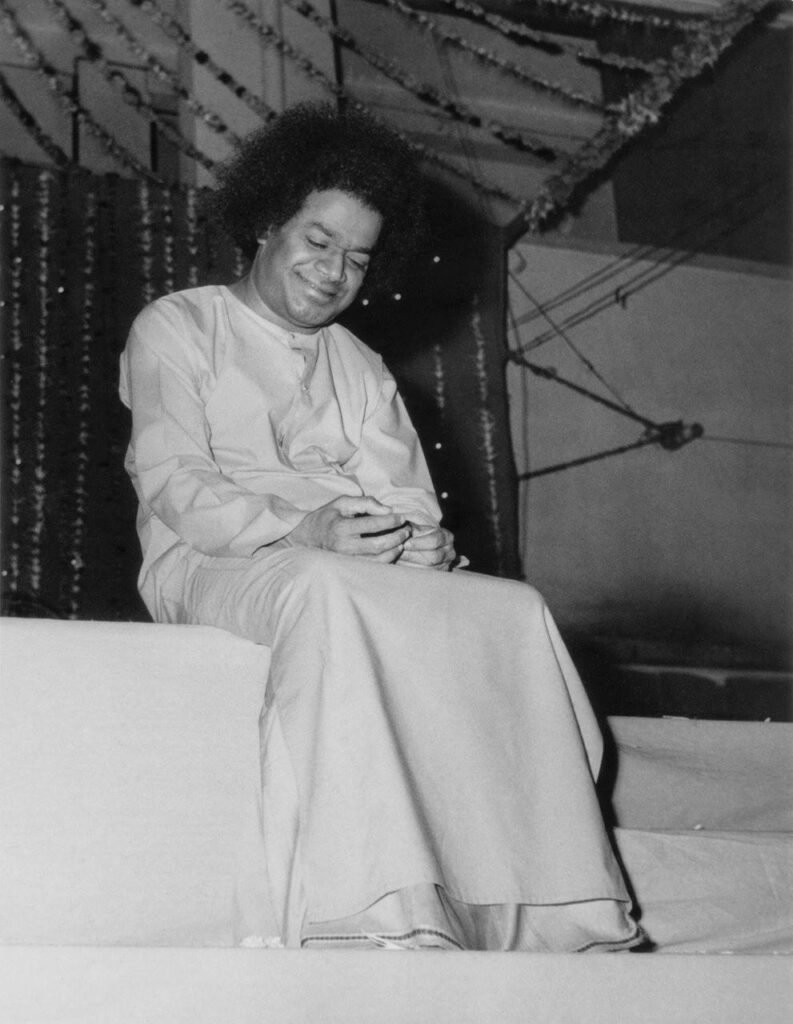
CONVERSATIONS WITH SAI – Part Fourteen
H: (HISLOP)ô The mind is said to be dangerous. What does that mean?
SAI:ô It is the same mind that can liberate or enslave. The mind is like a snake with long poisonous fangs. When the poison is removed from these fangs, then the danger is removed. In like fashion, when desire disappears, the danger of the mind disappears.
H:ô But it is always said that all troubles arise from the mind ?
SAI:ô From desires.
H:ô Then, one should control his thoughts?
SAI:Thoughts and desires are not the same. There are many thoughts that are not desires. If thoughts go too deep into objects, desires arise. If there is a desire, there was a thought. But not all thoughts are desires. Dark clouds bring rain, but there can be clouds without rain. God’s grace is in drops like rain. They accumulate and then there is a torrent. If there is a very strong desire for God, even bad thoughts just pass through the mind and are not held on to. Desire directed to God brings the discrimination. Intelligence, which is discrimination, is not the mind, nor is it thought. Intelligence is directô Atma Shakthi, a direct force of theô Atmaô (the spirit)
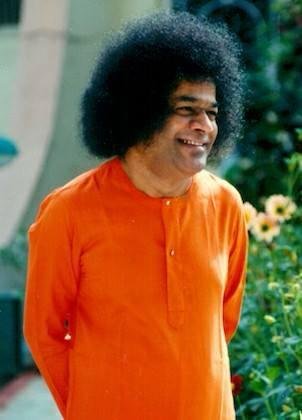
SAI:ô No use resisting or fighting thoughts. If suppressed, they are always ready to spring forth at weak moments – like snakes in a basket; if the cover gets loose or is removed the snakes spring forth.ô The way to overcome bad thoughts and impulses is by having thoughts of serving the Lord, good conversation with wise people, good actions and words. The weight of good acts and thoughts will bury the seeds of bad actions and thoughts.ô Both good and bad thoughts and impulses are like seeds in the mind. If buried deep enough in the earth, seeds rot and waste away. Good thoughts and deeds bury bad seeds so deeply that they rot and pass away and are no longer ready to spring forth.
H:ô Swami, when thoughts are troublesome. I say, ‘Thy mind, Swami; it is not mine’, and that particular thought-stream stops.
SAI:ô That is right. At that moment there is no ego. That is the easy path.
H:ô Swami, what does the mind know? There is much knowledge in the mind, but what does it really know?
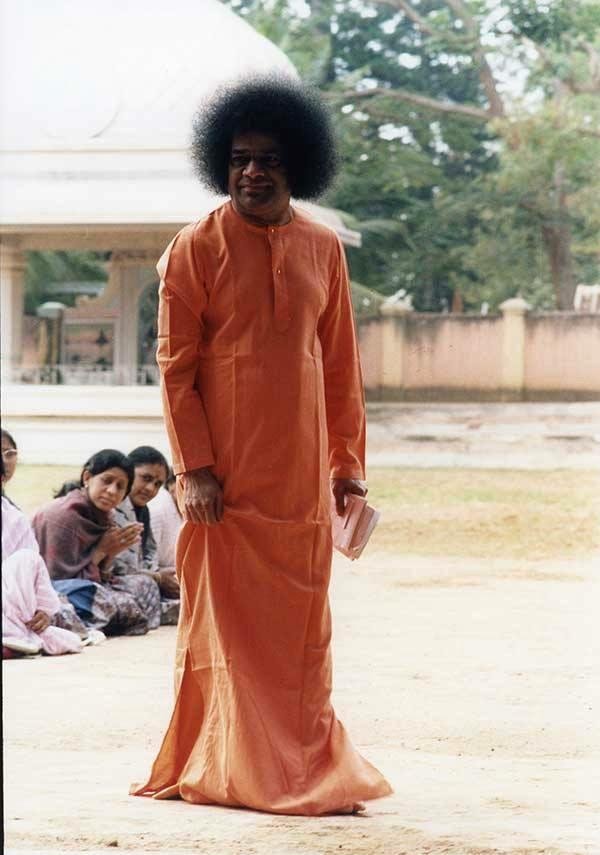
SAI:ô The mind does not know anything. So-called education is just book knowledge. Hand in hand with knowledge must go philosophy.ô Philosophy is not religion, it is love for God, it is cultured by reciting the Name, singingô Bhajans, thinking spiritual thoughts, desiring union with God.ô
H:ô Swami, in the West, will power is thought of as a quality one is born with.
SAI:Will power is brought about by philosophy. Will power is the direct manifestation of theô Atma Shakti (Power of the Self).
H:ô In the West, great value is given to mind. It is felt that unless one develops a skilful mind he cannot gain success in life. For instance, I needed to develop skill of mind to get an education and earn money to travel and see Baba.
SAI:ô You came to see Baba because of the heart, not the mind, isn’t it? The viewpoint that there is a mind is useful up to a certain stage, university, science, and so forth. But after a certain stage, science falls away and philosophy comes to the front. Heart is then used instead of mind. The other day, someone mentioned the illustration of the mirror. As one moves away the image grows smaller and smaller, although actually, the image has not changed at all. The same happens with the world. As one turns to God with stronger love, the world recedes, appearing smaller until it can hardly be noticed at all. Really, there is only the heart.
SAI:ô The whole mirage, the whole thing, arises from the ãIã thought. From identification with the body, all complications arise. Since it is the mind that has woven this web of identification with the body, it is the mind that must now turn and seek one’s true nature through inquiry, discrimination, and renunciation.
SAI:ô That is really the wrong way to approach the matter. The nature of the mind is restless, just like a rat whose nature is always to nibble to something, and just like a snake whose nature is to be biting at something. The nature of the mind is to be occupied. And, even when still, like the feathers on a peacock, there is a shimmering, an apparent movement in the mind. Like the aspen tree, even on a still morning its leaves seem to tremble and move, it is the nature of the mind to dwell upon things.ô So, the proper method to deal with the mind is to direct the mind’s activity towards good deeds, good thoughts, repetition of the Name of the Lord, and not allow it to aim at harmful objects, harmful thoughts and deeds.ô In that way, the mind’s natural tendency to be occupied will be fulfilled and yet it will keep out of mischief.
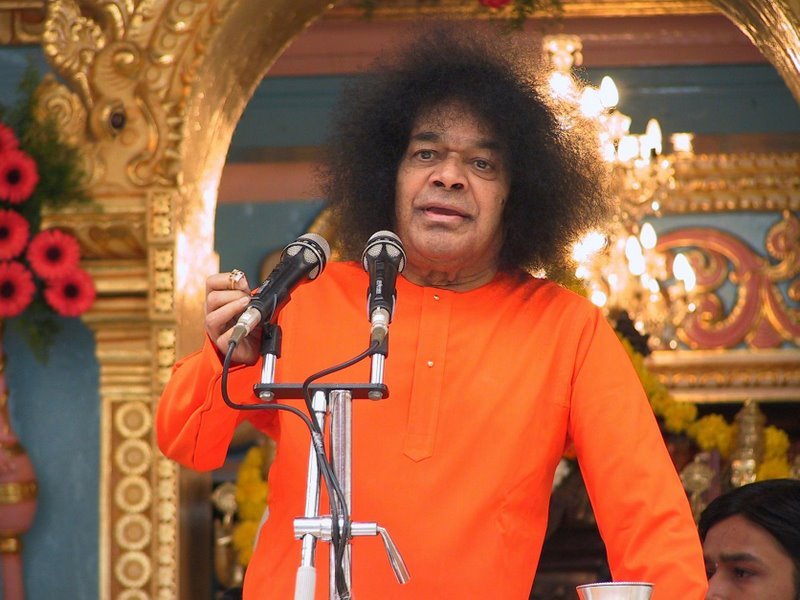
Another essential means for keeping the mind away from harmful activities is work. Man is made to work hard, and if one is working hard in service to the Lord in one way or the other, the mind will not have time to be occupied with useless, random thoughts.ô And if there is no outside work, then the work of spiritual endeavour should go on, in the way of meditation, recitation of the Name, reading good books, talking with good people, and so on.
One might find it difficult to surrender to God, but every man surrenders to time, and time is God. Day by day one’s life is shortened and one surrenders his life to that time; time conquers one’s life and that time is God. Therefore, first there is work, then wisdom, then love, and the time will come in a person’s life when work itself is love, or work itself is God.
H:ô But Swami said the other day that if the mind was quiet and receptive, then perhaps Swami would come into the mind and speak.
SAI:ô If the desire to communicate with Swami is sufficiently intense and strong, then the mind will be sufficiently quiet for Swami to speak; but the problem is that we do not have that intensity in our lives.


